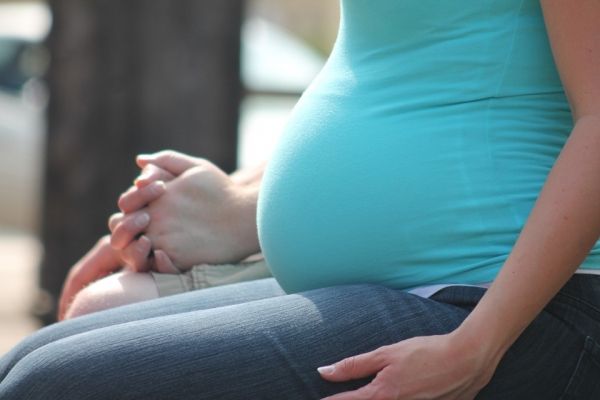The number of women with high blood pressure (HBP) when they become pregnant or who have it diagnosed during the first 20 weeks of pregnancy has spiked in the United States over the last four decades, especially among black women, according to new research in the American Heart Association’s journal Hypertension.
Having high blood pressure before becoming pregnant and during pregnancy poses potential complications for both women and their unborn children, including increased risks of stillbirth or infant death and preeclampsia (life-threatening high blood pressure during pregnancy), stroke, heart failure, cardiomyopathy (heart muscle disease) or kidney failure and death among other risks for the mother.
The researchers defined high blood pressure as 140 mm Hg systolic blood pressure and 90 mm Hg diastolic blood pressure over the course of the study, however, the American Heart Association defines high blood pressure as 130mm Hg systolic blood pressure (the top number in a blood pressure reading) and 80 mm Hg diastolic blood pressure (the bottom number in a blood pressure reading).
“Women who already have high blood pressure and are planning to become pregnant should work closely with their health care provider to closely monitor and manage their blood pressure, especially during pregnancy, to reduce the serious health risks to both themselves and their unborn child,” said lead study author Cande V. Ananth, Ph.D., M.P.H., professor and chief of the Division of Epidemiology and Biostatistics in the Department of Obstetrics, Gynecology and Reproductive Sciences at Rutgers Robert Wood Johnson Medical School in New Brunswick, New Jersey.
Read more at American Heart Association
Photo Credit: Greyerbaby via Pixabay


